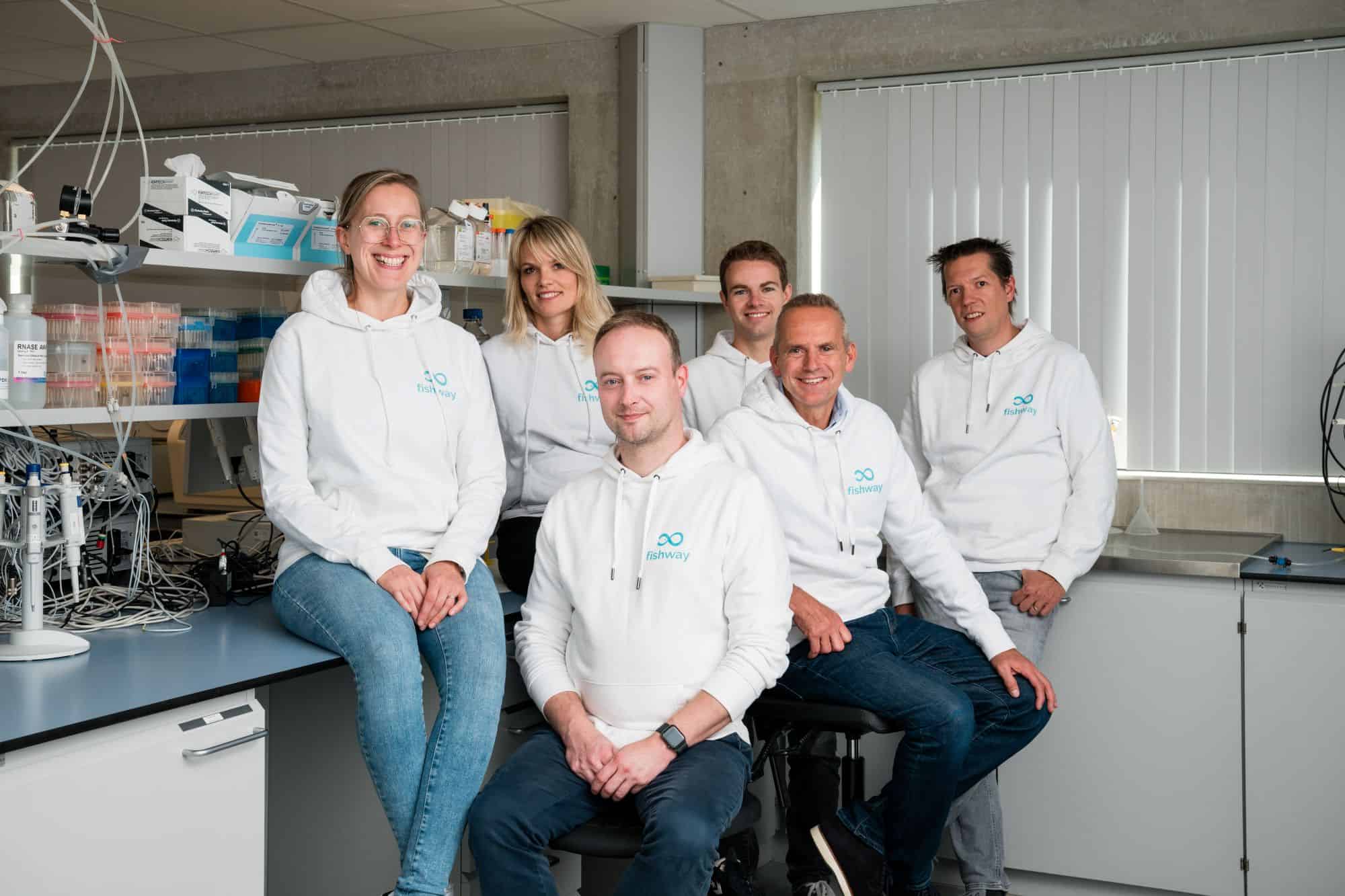Giant slaughterhouse Tönnies Group, Germany’s leading meat processing company, has made a strategic investment (undisclosed) in the mycoprotein producer Nosh.bio.
Co-owner and managing director Max Tönnies, who has assumed leadership from his father, the billionaire Clemens Tönnies, made the announcement yesterday, which the local media have extensively covered.
Despite the stagnation of the plant-based meat market, Spiegel reported that the group aims to double its turnover in the alternative proteins sector from the current 60 million euros to 125 million euros by 2026.
“A new market grows rapidly at first, then it flattens out. That’s completely normal. In times of inflation, the comparatively high price is also an issue. In addition, meat analogs are still not good enough to replace meat one hundred percent,” said Tönnies.

Mycoprotein, a hero ingredient
The Tönnies Group is a family business founded in 1971. It produces animal-based foods that supply millions of consumers worldwide. The company has many subsidiaries, some of which have expanded into the plant-based meat market. For example, the Mühlen Group, under its brand Gutfried, offers a variety of alternatives, from sausages to fish sticks. However, this is the group’s first investment in an alternative protein startup.
Nosh.bio is a Berlin-based biomass fermentation company that Tim Fronzek and Felipe Lino founded in 2021. The startup produces a mycoprotein ingredient with a neutral colour and umami flavour for clean-label meat and seafood alternatives.
The ingredient is said to naturally offer a meat-like texture and enhanced binding functionalities without extrusion or additives. Moreover, the texture is customizable to match desired products. Beyond analogs, the mycoprotein can be ground into a powder or turned into a paste to replace chemical binders in baked goods, ice cream, confectionery (to replace sugar), and pet food.

Scaling novel proteins
Nosh.bio has established a biomass fermentation facility near Dresden by retrofitting existing infrastructure from a closed brewery. Currently, it is in the testing phase to improve the efficiency of its fermentation process and achieve higher yields.
The startup asserts that it is succeeding in scaling and plans to produce and supply tons of sustainble proteins annually. Among other techs, biomass fermentation excels for its sustainability and zero waste possibilities, using fewer resources, reducing CO2 emissions, and bypassing dependency on land.
Notably, Tönnies and Nosh.bio will share their scaling experiences at this year’s New Food Conference, which will centre around the increasingly normalized trend of reducing animal products.
“We can also use these basic materials in our own meat substitute products. The investment is a ‘groundbreaking step’ for the group,” Tönnies added.




